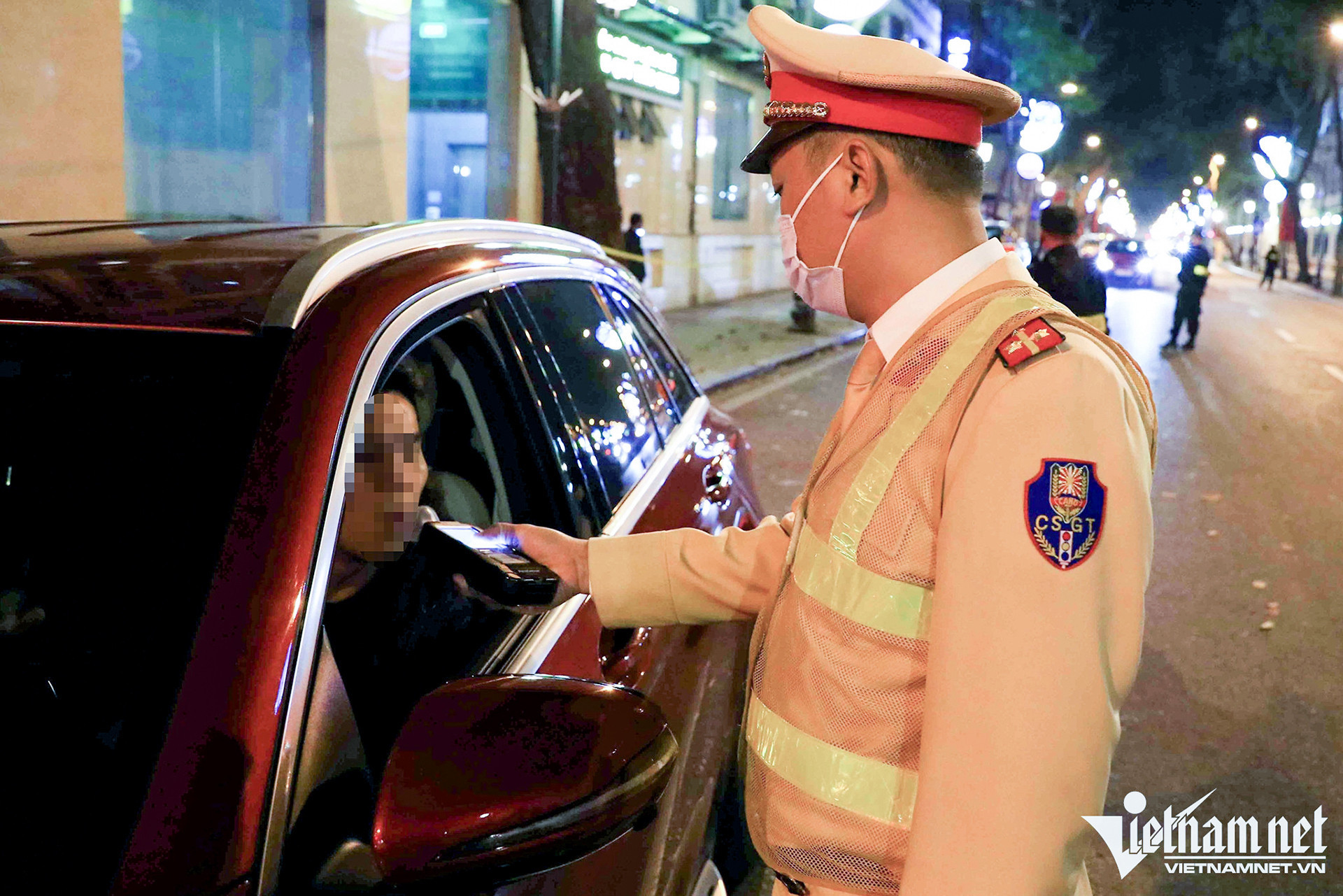
The beerhouse was a favorite rendezvous for me and friends of mine on weekends. I could guess why it was shut down. The Covid-19 pandemic, plus the heavy sanction on drunk drivers, had caused it to become deserted.
When I visited before they closed, I realized that we were the only customers. Because of poor custom, the owner and workers were idle. Most of the workers were university students, who took a job to earn extra money, rather than rely on their parents.
As the beerhouse has now shut down, both the owner and the workers are now jobless.
“How can we continue to run the beerhouse amid the pandemic and strict policy?” the owner once said to me.
The fate of the small beerhouse reflects a problem affecting the entire food and beverage (F&B) sector. The entire value chain begins with farmers, then continues with growers, and then the deliverymen, shop owners and workers.
The General Statistics Office (GSO) said the number of newly set up businesses in the first half of 2024 in the accommodation and F&B service sectors fell by 12.3 percent, while the number of enterprises in the sectors returning to the market fell by 8.4 percent in comparison with the same period last year.
A GSO survey conducted of 30,000 businesses in the first six months found that 56 percent of accommodation, F&B and travel firms faced difficulties because of the weak domestic market.
Minister of Planning and Investment Nguyen Chi Dung said at a recent National Assembly session many front-street shops have shut down.
“When businesses face difficulties, laborers and people also face problems, and bad debts begin increasing,” Dung said.
The Ministry of Public Security (MPS) recently proposed reducing administrative fines for drivers with positive blood alcohol concentration tests.
The fines for violating the minimum alcohol concentration level as proposed by MPS is much lower than that stipulated in the current Decree 100 with fines of VND6- 8 million and driver's license revocation for 10-12 months. I support the MPS proposal.
The sanctions on drunk drivers in Decree 100 are overly strict, which has affected the use of beer and alcohol and, to some extent, the business of restaurants, eateries and food supply chains.
Pham Van Hoa, a National Assembly deputy from Dong Thap, discussing the draft law on Road Traffic Safety, said only 23 countries require zero alcoholic concentration level for drivers, and most are Muslim countries.
The impact of all policies can be serious, so it is necessary to think carefully before releasing new regulations.
I also hope that the Ministry of Industry and Trade (MOIT) reconsiders the state management of electronic cigarettes, which can be easily purchased.
Vietnam doesn’t have legal regulations to control e-cigarettes, and fails to collect tax from this. Economists say that it is time to recognize the existence of e-cigarettes and change the current principle ‘if you can’t manage it, you’d better prohibit it’.
The purpose of administrative fines is to make people understand their mistakes and not to collect money from them.
Several years ago, Vietnam vowed to implement a zero Covid policy which aimed to eliminate the coronavirus from society. But reality showed that we could not have zero Covid because zero only exists in a laboratory. This was why the Prime Minister finally issued Directive 181 which said that we needed need to live together with Covid-19.
Not many people remember Covid-19, though its consequences still exist, such as the beerhouse that has shut down.
Tu Giang